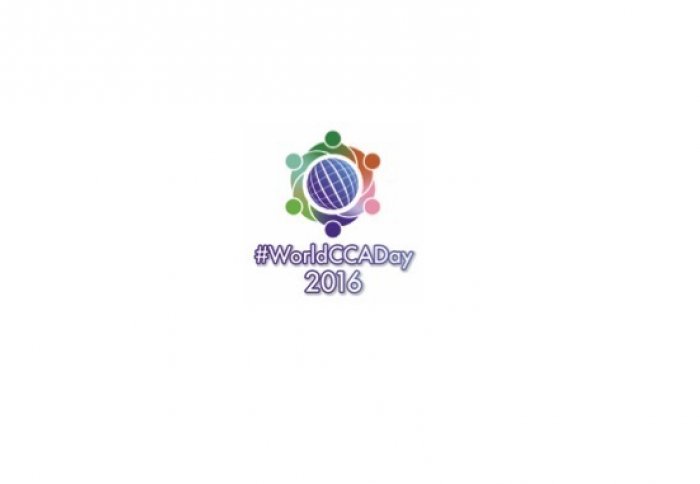World Cholangiocarcinoma Day, 17th February 2016
by Jo Seed

World CCA Day is an international effort to raise awareness of cholangiocarcinoma, a devastating cancer that occurs in the bile ducts.
Six charities from around the world have joined together to launch the first ever World Cholangiocarcinoma Day.
Across the world, cholangiocarcinoma is a silent killer.
Cholangiocarcinoma, or bile duct cancer, is a devastating cancer that occurs in the bile ducts in or outside the liver. With few noticeable and often misunderstood symptoms, this disease is frequently diagnosed too late for surgery, the only potentially curative treatment and, once diagnosed, fewer than 5% will be alive one year later.
Although it is the second most common primary liver cancer in the world, with an increasing incidence globally, and despite its appalling survival rates due to late diagnosis and few treatment options, cholangiocarcinoma remains poorly understood and under researched.
Already working nationally to improve the situation for patients in their own countries, six charities from the UK, the USA and Thailand are collaborating in a World Cholangiocarcinoma Day to raise global awareness of this ruthless disease. They believe collaboration is the way forward and by raising awareness and supporting research for early detection and innovative treatments, the future can be changed for many people.
AMMF, the UK’s only cholangiocarcinoma charity, is leading on this inaugural venture, which will reach out around the world with a bespoke website, and on social media.
IGHI affiliated Professor Simon Taylor-Robinson, who is currently working on the disease along with a number of other Imperial researchers said "I first noticed that this type of cancer was increasing in the mid-1990s. When I qualified as a doctor, in 1984 cholangiocarcinoma or bile duct cancer was considered so rare that it wasn't even taught in medical school - to the point where it was often, if not usually, mis-diagnosed, but steadily I noticed more and more people affected by this silent killer - a cancer that is so insidious that it is almost always inoperable by the time it becomes apparent.
I decided to look into the statistics on the cancer and to my surprise, I found that there was a steady rise in cholangiocarcinoma deaths year on year right from when accurate national records began in 1968. This has sparked in me a research interest and a desire to improve diagnosis over the past 20 years.
We have been doing research into the causes of bile duct cancer and I think it true to say that there isn't one single cause. The bile ducts are the waste pipes of the body, carrying harmful products out of the body to be released by the gut into the stool. As such, they are exposed to all sorts of potentially harmful things that are in the food chain and to which we are exposed in this modern world. It is true that some people may be more susceptible to the development of cholangiocarcinoma because of their genetic make-up, but this doesn't explain the rising numbers and the increasing numbers of very young people with this type of cancer, including children.
Unlike in the rest of the world, in Thailand, we know the main cause of cholangiocarcinoma - a worm infection that is caught by eating raw or undercooked river fish from the Mekong River. Despite knowing the risks, people still eat those dishes. We are working with our Thai friends to combat this - one of the world's most preventable cancers by simply changing dietary habits. However, this is easier said than done as old habits die hard"
Get involved
To find out more about cholangiocarcinoma and CCA Day, visit the CCA Day website here.
Make sure to follow the day on social media by using the hashtag #WorldCCADay
Follow on Twitter @WorldCCADay and on Facebook here.
Further reading
Our two medical students (the two Tom’s who travelled to Thailand) have written a more in depth article about the disease and its prevalence in Thailand. Read it here.
Article text (excluding photos or graphics) © Imperial College London.
Photos and graphics subject to third party copyright used with permission or © Imperial College London.
Reporter
Jo Seed
Institute of Global Health Innovation